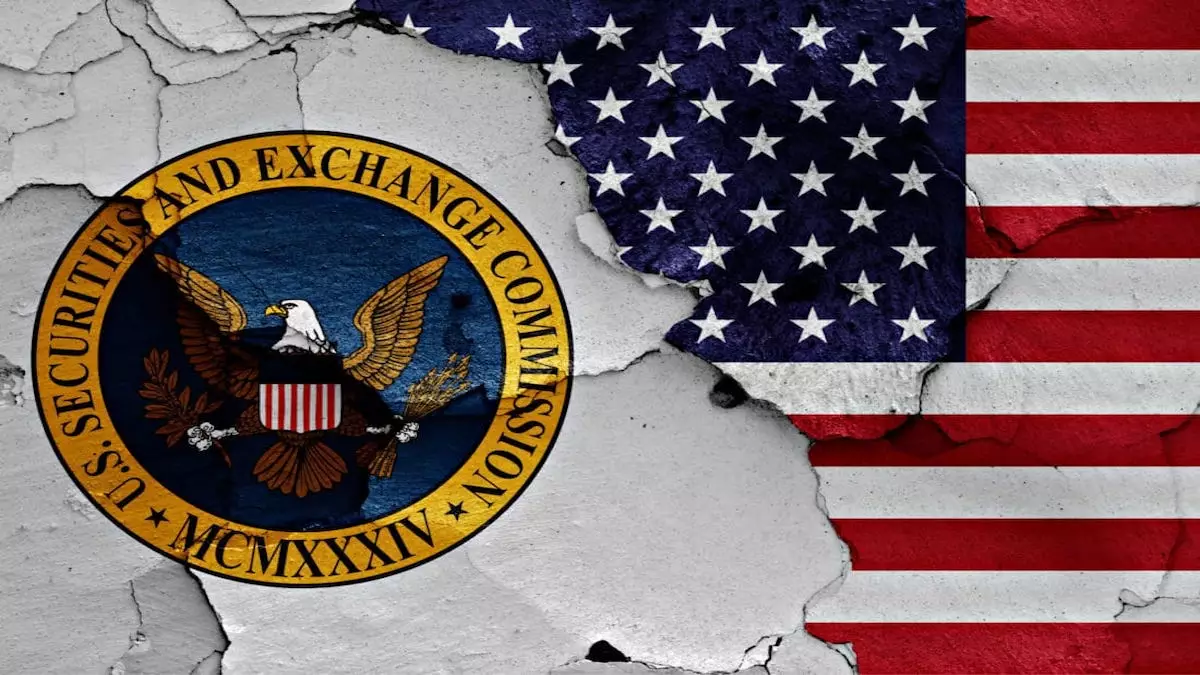The recent Wells notice issued by the U.S. SEC to OpenSea has brought digital-asset regulation into the spotlight. The SEC’s contention is that some NFTs traded on the platform may be considered unregistered securities, raising questions about potential legal violations by OpenSea. This development has spurred discussions about the implications for the SEC, OpenSea, and the broader non-fungible token (NFT) market.
The SEC’s investigation of OpenSea is part of its broader goal to apply securities laws to the crypto and NFT sectors. OpenSea’s CEO, Devin Finzer, has vehemently denied the SEC’s allegations, asserting that the platform will challenge the accusations. The SEC’s assertion that OpenSea functions as an unregistered securities exchange is based on the premise that certain NFTs offered on the platform are unregistered securities.
The SEC’s heightened scrutiny of companies involved in cryptocurrencies, including OpenSea, has raised concerns within the NFT community. The Wells notice issued to OpenSea indicates that the SEC is preparing to take enforcement action against the platform, prompting anxiety among creators, developers, and marketplace operators. OpenSea has already allocated $5 million to cover legal expenses in anticipation of potential regulatory challenges.
While regulation can provide clarity and stability to a maturing market, the SEC’s attempt to categorize NFTs under traditional securities laws may have unintended consequences. Many NFT creators view their work as digital art and self-expression rather than investment vehicles. The SEC’s investigation into Yuga Labs, the creator of the Bored Ape Yacht Club NFT collection, signals a broader regulatory crackdown on successful NFT projects. The classification of NFTs as securities could not only impact creators but also platforms and investors, jeopardizing the decentralized nature of the NFT ecosystem.
If the SEC prevails in its case against OpenSea, the NFT sector could face increased regulatory oversight and compliance costs. This could potentially price out smaller creators from the market, making NFT platforms more exclusive to affluent individuals. However, the regulatory pressure may also lead to the development of tailored regulations for NFTs, benefiting the ecosystem in the long run.
The ongoing conflict between OpenSea and the SEC underscores the need for a balanced and nuanced regulatory approach. While regulatory oversight is crucial for consumer protection and market stability, it should not stifle the creativity and innovation that characterize the NFT space. A thoughtful regulatory framework that acknowledges the unique features of NFTs and blockchain technology is essential to ensure the long-term viability of the market.
The SEC’s investigation of OpenSea and its implications for the NFT market highlight the challenges of applying traditional securities laws to digital assets. Finding a middle ground that safeguards investors while preserving artistic expression and decentralization will be crucial in shaping the future of the NFT ecosystem.














